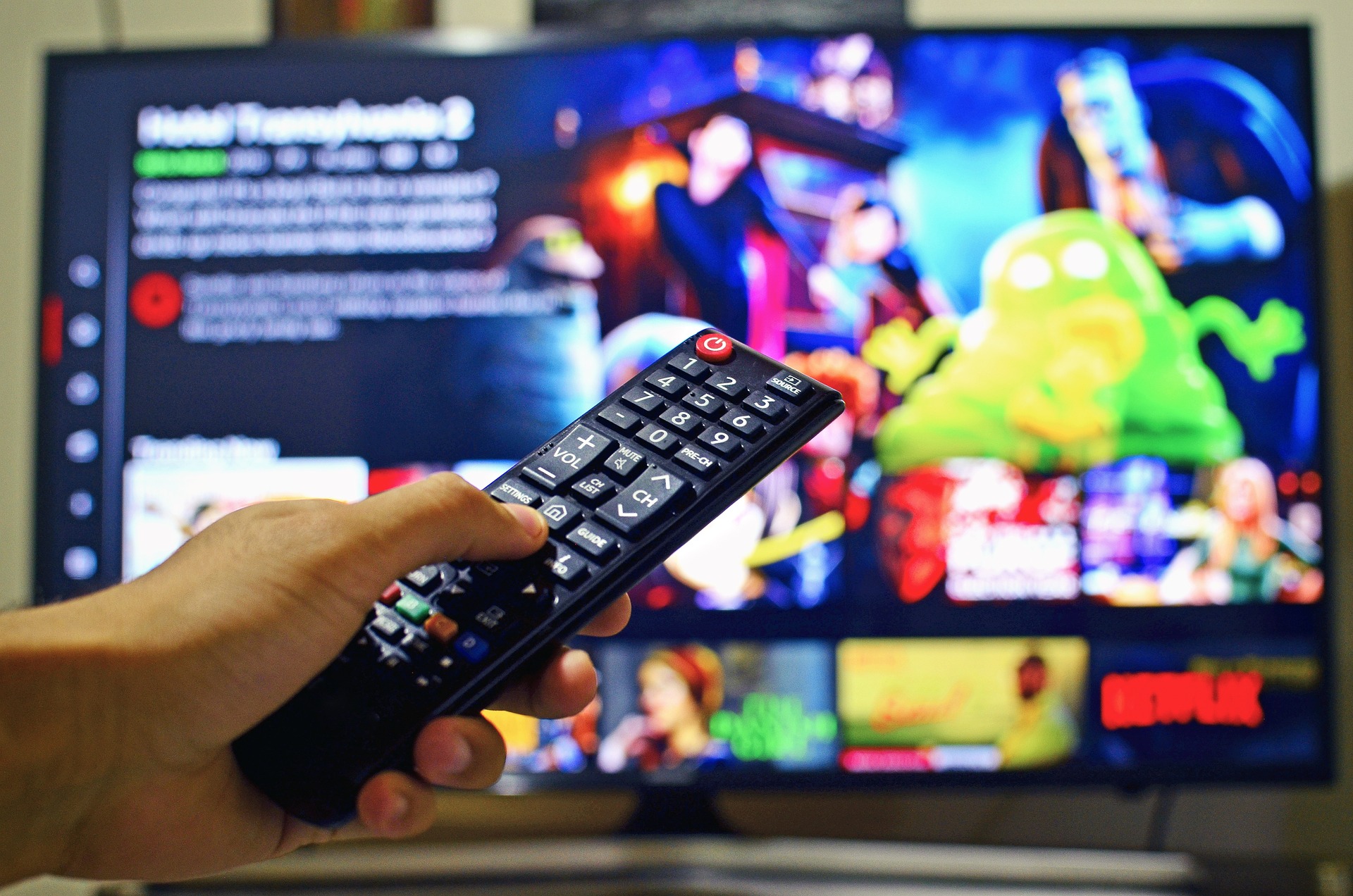Is it bad to watch TV before bed? This is a question that many people ask, especially those who have trouble falling asleep. With the advancements in technology and the availability of entertainment at our fingertips, it can be tempting to watch TV before going to bed. However, the reality is that watching TV before bed can have a negative impact on your sleep quality and overall health. In this article, we will explore the reasons why watching TV before bed is not recommended and what you can do instead to improve your sleep.
The impact of blue light on sleep: One of the main reasons why watching TV before bed is not recommended is due to the blue light that it emits. Blue light is a type of light that is emitted from electronic screens, including televisions, computers, and smartphones. This type of light has been shown to interfere with the production of melatonin, a hormone that regulates sleep. The result of this interference is that it can make it harder for you to fall asleep and stay asleep, leading to sleep disturbances and a decrease in sleep quality.
Sleep disturbances: In addition to the impact of blue light on melatonin production, watching TV before bed can also cause sleep disturbances in other ways. For example, the content of the TV shows or movies that you watch can be stimulating, which can make it difficult for you to relax and fall asleep. In addition, the light and sound emitted by the TV can be distracting and disrupt your sleep patterns, leading to insomnia or other sleep disorders.
Impact on mental and physical health: The negative impact of watching TV before bed goes beyond just sleep disturbances. Research has shown that the blue light emitted by electronic screens can also affect our mental and physical health. For example, exposure to blue light has been linked to depression, anxiety, and stress. In addition, it has been shown to interfere with the natural circadian rhythm, leading to an increased risk of heart disease, diabetes, and other health problems.
What you can do instead: If you find yourself watching TV before bed and want to improve your sleep quality, there are several things that you can do instead. For example, you can create a relaxing bedtime routine that involves activities such as reading a book, taking a warm bath, or listening to soothing music. This will help you to relax and unwind before bed, making it easier for you to fall asleep.
Another option is to avoid screens before bed altogether. This includes televisions, computers, and smartphones. If you need to use these devices, consider using blue light blocking technology, such as blue light blocking glasses or software, to reduce the impact of blue light on your sleep.
In conclusion, is it bad to watch TV before bed? The answer is yes. Watching TV before bed can have a negative impact on your sleep quality and overall health. The blue light emitted by electronic screens can interfere with the production of melatonin, causing sleep disturbances and affecting your mental and physical health. To improve your sleep quality, consider creating a relaxing bedtime routine and avoiding screens before bed.
Sources:
- National Sleep Foundation. (2021). Blue Light and Sleep: How Artificial Light Impacts Sleep. Retrieved from https://www.sleepfoundation.org/blue-light-and-sleep
- Harvard Health Publishing. (2021). The Benefits of a Regular Sleep Schedule. Retrieved from https://www.health.harvard.edu/staying-healthy/the-benefits-of-a-regular-sleep-schedule
- American Psychological Association. (2021). The Impact of Screen Time on Mental Health. Retrieved from https://www.apa.org/news/press/releases/2021/03/screen
